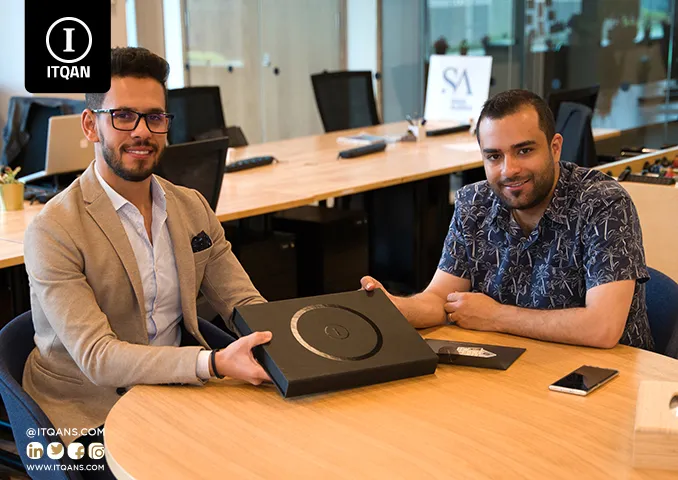Business Setup UAE: Requirements to Open a Company in Dubai for Residents
Setting up a business in Dubai is an attractive option for many entrepreneurs residing in the UAE. The city’s strategic location, tax-friendly policies, and robust infrastructure make it a prime destination for business setup UAE-wide. If you’re a resident and considering launching your own venture, understanding the fundamental requirements is crucial for a smooth experience.
Why Choose Dubai for Your Business Setup?
Dubai has established itself as a global business hub thanks to its welcoming policies, high-quality infrastructure, and growing economy. Whether you’re a local entrepreneur or a foreign investor residing in the UAE, Dubai offers numerous opportunities.
- 100% foreign ownership in many sectors
- Fast, paperless government processes
- Access to international markets
- Wide availability of free zones and mainland options
Key Steps for Business Setup in UAE as a Resident
Business setup UAE involves several critical steps that must be followed by residents. Here’s a comprehensive overview:
1. Choose the Right Business Activity
Firstly, determine what type of business activity you would like to pursue. Dubai allows a wide variety of professional, commercial, and industrial activities. The category selected will affect your license type and approval processes.
2. Decide Between Mainland and Free Zone
Residents can open their business in either the mainland or in one of many free zones.
- Mainland: Offers flexibility to operate anywhere in the UAE and take on government contracts.
- Free Zones: Provide tax exemptions, 100% foreign ownership, and simplified administrative procedures.
3. Choose a Business Name
Pick a business name that complies with the UAE’s naming standards. Avoid offensive language, religious references, and names already registered. Submit the name to the Department of Economic Development (DED) for approval.
4. Obtain Initial Approval
This approval allows you to proceed with your business setup. It indicates that the authorities have no objection to you establishing the business activity in the UAE.
5. Prepare Necessary Documents
You will need to gather and submit important documents, such as:
- Passport copies
- Emirates ID
- Residence visa
- No Objection Certificate (if applicable)
- Initial approval and trade name certificate
6. Select an Office Space
You are required to secure a physical address for your company. You may choose from:
- Traditional office in a commercial location
- Co-working space or virtual office (available in many free zones)
Each emirate may have its specific zoning regulations, so consult with the DED or jurisdiction authority accordingly.
7. Draft a Memorandum of Association (MOA)
This legal document outlines each shareholder’s roles, responsibilities, and ownership percentage. It’s mandatory for certain types of legal structures, particularly LLCs.
8. Apply for a Business License
Your type of business activity determines whether you need a professional, commercial, or industrial license. Apply through the DED (for mainland businesses) or the respective free zone authority.
For an in-depth guide, visit our step-by-step guide on how residents can establish a company in Dubai.
Legal Structures Available for UAE Residents
As a resident, you must choose an appropriate legal structure based on the nature and scope of your business setup in UAE:
- Sole Establishment: Owned by a single individual, ideal for small professional practices.
- Limited Liability Company (LLC): Offers flexibility and is popular for many business types.
- Branch Office: Suitable for expanding a foreign company into the UAE.
Required Approvals and Additional Documentation
Depending on your business activity, you may require approvals from:
- Dubai Municipality
- Ministry of Economy
- Telecommunications & Digital Government Regulatory Authority (TDRA)
- UAE Central Bank (for financial services)
You can consult the official UAE Government Portal for the most recent regulations and sector-specific guidelines.
Costs Involved in Business Setup UAE
The total cost varies depending on business type, location, and required services. Typical expenses include:
- Trade license fees
- Local service agent fees
- Office rent
- Registration and legal documentation
To explore costs in more detail, refer to our article on commercial register costs in Dubai.
Visa Requirements for Resident Entrepreneurs
As a resident, your visa simplifies many formalities, but you still need to ensure your residency visa is valid. Additionally, you may need to apply for investor or partner visas depending on your legal structure. These visas often come with added benefits like family sponsorship and travel ease.
Benefits of Setting Up as a Resident
Residents in the UAE enjoy several key advantages when launching a business:
- Familiarity with UAE market and laws
- Established residency and visa status
- Easier access to local banking and telecom services
- Faster approvals and simplified documentation
Common Mistakes to Avoid During Business Setup UAE
Many residents face challenges during the setup process. Avoid these common errors:
- Choosing an inappropriate legal structure
- Failing to understand zoning laws
- Not securing required approvals
- Neglecting post-license compliance requirements
It’s highly recommended to consult experienced business consultants to guide you through the process.
Conclusion
Opening a company in Dubai for residents can be a seamless and rewarding process if you understand all the requirements and follow the proper legal procedures. With careful planning and adherence to UAE’s business regulations, your venture can thrive in the region’s vibrant economy. Remember, business setup in UAE is not just about paperwork—it’s about building sustainable success in one of the world’s most dynamic markets.












